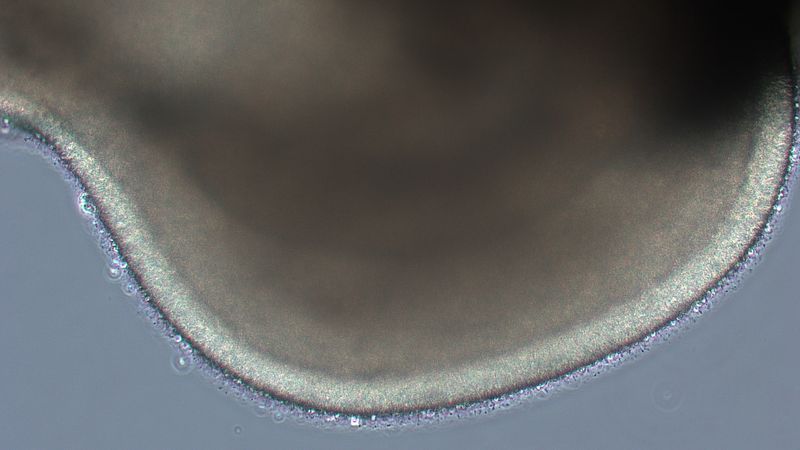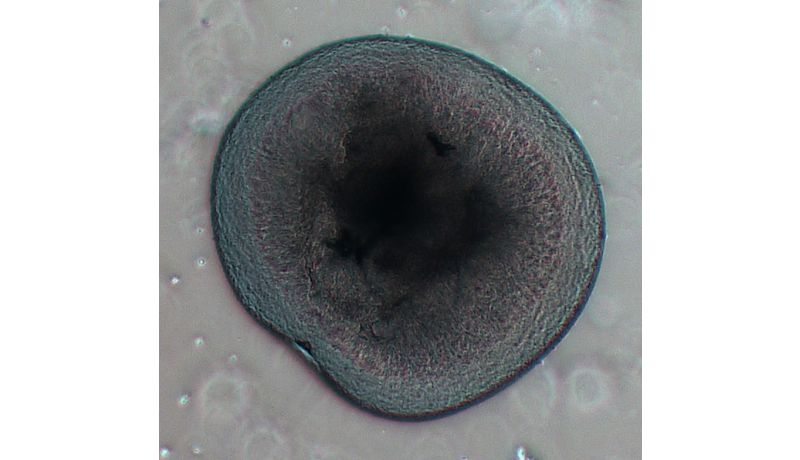Millions of people diagnosed with inherited retinal dystrophy (IRD), such as retinitis pigmentosa, are suffering from severe visual impairment or even legal blindness. Electronic retinal prostheses are approved therapeutical approaches for vision restoration, but due to several use limitations their manufacture has been suspended. Organic semiconductor polymers are an encouraging alternative material, due to their key prosthetic features such as flexibility, light sensitivity and biocompatibility.
In contrast, the reprogramming of somatic cells into induced pluripotent stem cells (iPSCs) and the breakthrough of 3D retinal organoids (ROs) technology represent a great humanized model that can mimic the disease’s pathophysiology.
We aim to investigate the functional impact of a novel organic and flexible retinal prosthesis on human RO models derived from IRD patients. We will also study the organic materials’ light sensitivity and photostimulation capabilities and the implant biocompatibility.
The project will have a huge impact in understanding IRD and organic prosthesis functionality and will ultimately advance the therapeutic approach to restore vision.
 Go to JKU Homepage
Go to JKU Homepage







![[Translate to Englisch:] Retina](/fileadmin/_processed_/c/c/csm_Fig2_5bef5bb5bb.png)
![[Translate to Englisch:] Reprogramming](/typo3temp/assets/images/csm_iPSC_reprogramming_50f3496bf5_abc896df11.jpg)


